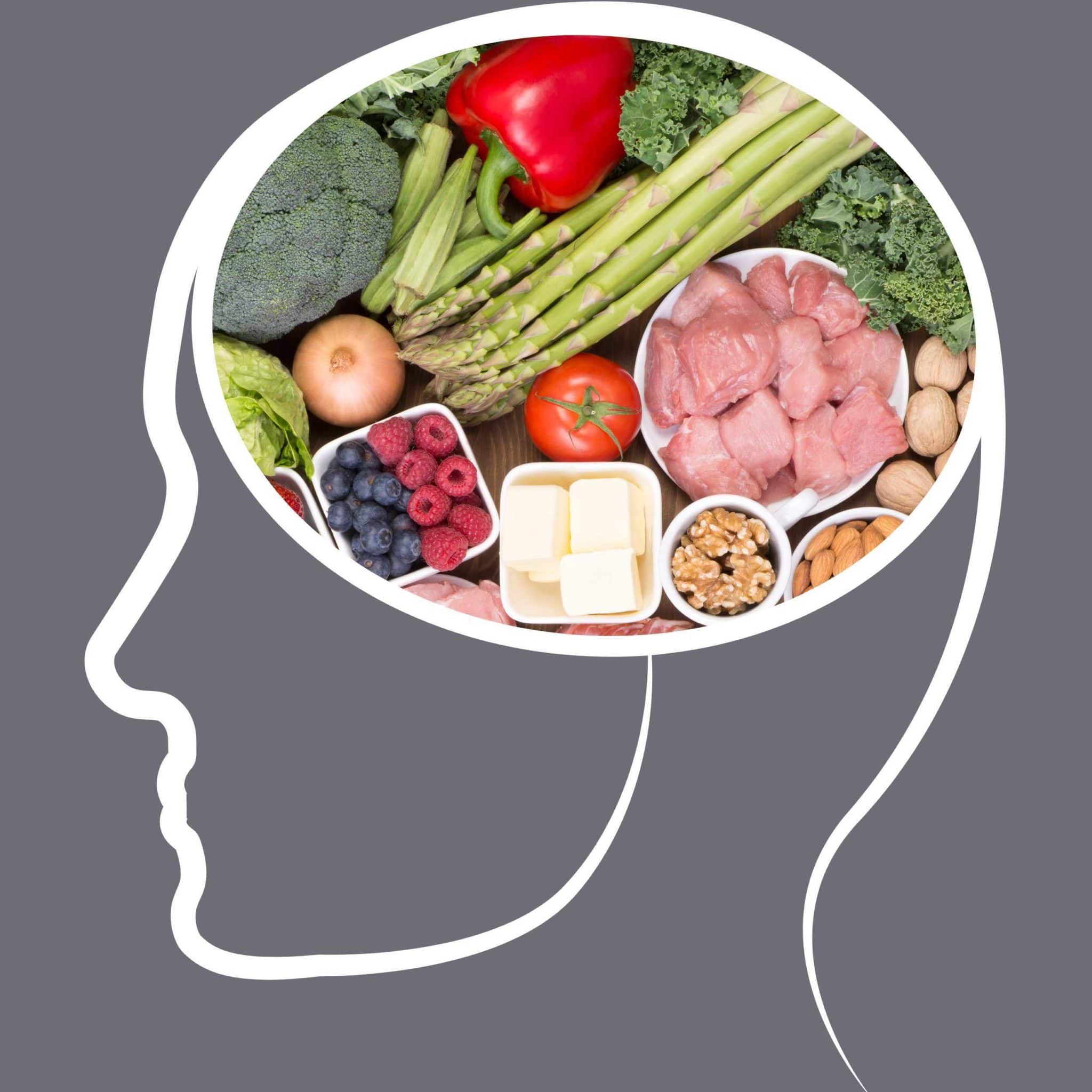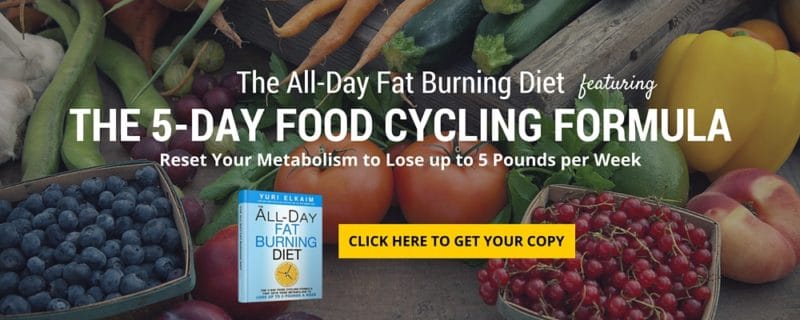Is it possible your brain could be making you fat? Sadly, the answer is yes.
There’s been a lot of research in recent years exploring this relationship between your brain and your weight, but the discussion has yet to move into popular discourse. There isn’t an official term given to this connection, but I’ve coined one myself:
I call it neurobesity.
Let’s explore this little-known relationship.
Unexplained Weight Gain: The Brain-Fat Connection
In recent years, there have been a number of studies looking into this previously little-explored connection between your brain and your weight. A 2013 paper published in the British Journal of Nutrition showed a comprehensive review of the literature.
It looked at a variety of weight-loss diets and approaches to losing weight, and what it found was very interesting: the general finding was that for people who were having a tough time losing weight and keeping it off, they experienced actual neurological changes in their brains as a result of eating high amounts of saturated fats, simple sugars and carbohydrates.
What these different types of foods are doing is creating inflammation in the brain, specifically around the receptors of the hypothalamus, which is kind of like the air-traffic control for your entire body; it regulates everything from your breathing to your sleep patterns, from your body temperature to body functions you don’t even think of.
Of course, it also plays a major role in weight gain and weight loss.
Your hunger hormones, leptin and ghrelin, communicate directly with the hypothalamus. Leptin, for instance, is secreted from your fat cells after you eat and sends out a signal to your brain that you’ve extracted enough energy from your food and don’t need to eat anymore.
Here’s the problem: When your brain has been subjected to inflammation, the hypothalamic region cuts off communication between leptin and the brain. When your brain doesn’t receive the signal that you’re actually full, you continue to eat and eat and eat.
Saturated fats, simple sugars and carbohydrates have been shown to compromise the integrity of the nerves themselves so the conduction of nerve impulses is compromised. It’s not a good situation.
How to Combat Neurobesity
There is good news, however: You can reverse this. Your body is an amazingly resilient machine. Every single cell in your body regenerates, and with that knowledge, you should be optimistic. You should also devise a plan.
In order to reduce inflammation in your brain and restore communication between leptin, ghrelin and your brain, you have to eat a quality diet of clean, real, whole foods.
This naturally reduces the inflammation in your entire body, not just your brain. This will form a new foundation for everything else to take care of itself.
If someone where to ask me what my single, most basic piece of advice would be for weight loss, my answer would be very straightforward: it would be to reduce inflammation in your body.
Please understand, inflammation is at the base of every problem inside of us.
Inflammation leads to a stress response in our bodies, which means a steady release of high cortisol and heightened stress levels. If our body is constantly inflamed and stressed out, then it’s going to hold on to fat because that’s its default survival mode setting.
[Related: 3 Startling Ways Stress Causes Weight Gain]
We want to reduce inflammation in the brain—and everywhere else—by eating clean, quality whole foods.
You can certainly add more brain-healthy foods that contain omega-3 fatty acids like fish oil, walnuts or flaxseeds, but the most important thing is that they are strictly clean, whole foods.
After all, the very same foods that are going to help your brain are also going to help your heart and every single cell in your body. They’re going to help you become a more vital, energized person who has an easier time losing weight and keeping it off.
As I always say, how you heal anything is how you heal everything.
This also means reducing or eliminating problem foods from your diet.
This includes allergenic foods like gluten (breads, pastas, cereals) and dairy (cheeses and milk). Instead, focus on the good foods: vegetables and lower-glycemic fruit like apples, pears, berries. That’s where the magic lies.
These incredible foods contain micro phytonutrients that will get to work healing anything inside of our bodies.
I’m not a vegan or vegetarian, but I’m still a huge proponent of eating more plant-based foods. Throw in some legumes and within a few weeks you’ll see a major difference in how you look and feel.
It really is that simple, so please don’t overlook these basic eating principles. Straighten out your shopping list and you’ll soon be eating your way to a healthier brain and a slimmer waist.
Enjoy This Article?
Did you enjoy this article on Unexplained Weight Gain? If so, you might also like my new book – The All-Day Fat Burning Diet. In it, I show you exactly how to reset your metabolism so you can lose up to 5 pounds per week. Click the banner below to learn more.


